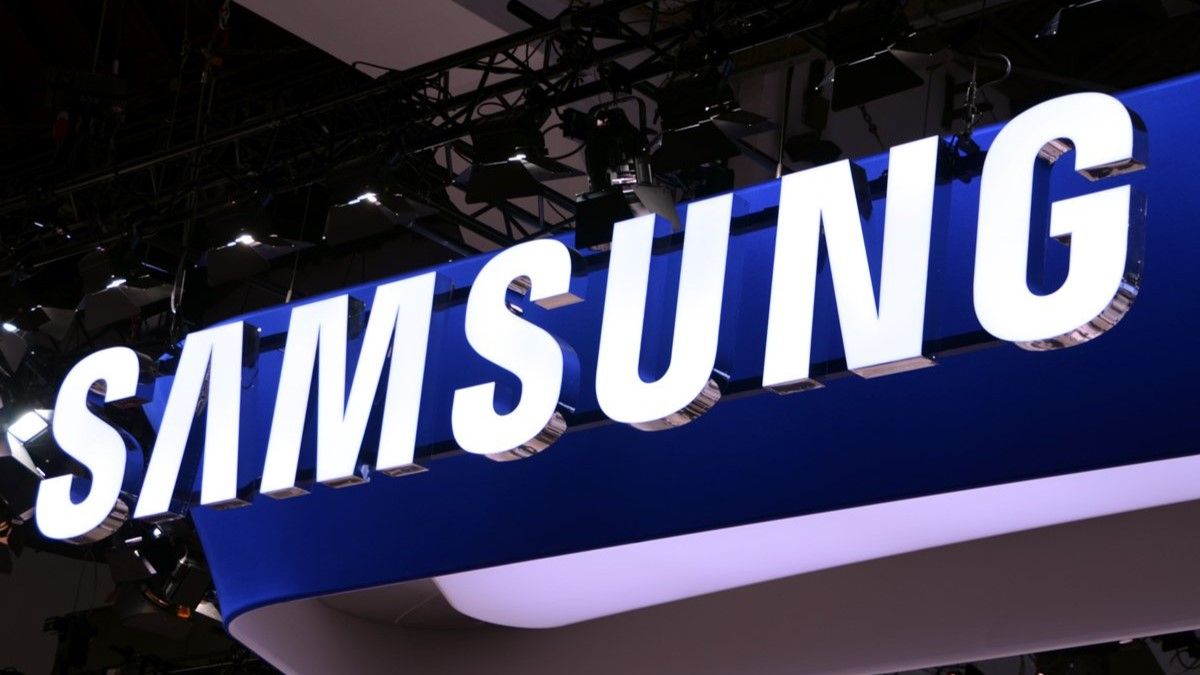Contract Leak Exposes Samsung’s Demand for User Data
A recent leak of a Samsung contract given to repair shops has shed light on the tech giant’s demands for user data. According to reports, repair shops are required to upload sensitive user information to Samsung’s database on a daily basis. This includes details such as the consumer’s name, contact information, phone identifier (IMEI number), and the purpose of their visit. Legal experts have voiced concerns over this invasion of consumer privacy, while also highlighting the requirement for repair shops to disassemble devices that have been previously fixed with third-party parts. The leak has sparked discussions on consumer rights and the implications of such demands on device repairability.
Consumer Privacy at Risk in Samsung Repair Contracts
The leaked Samsung contract has raised serious questions about consumer privacy and data protection. The requirement for repair shops to share user information with the tech giant on a daily basis has sparked concerns among legal experts and consumer advocates. The contract also mandates repair shops to disassemble devices that have been previously repaired with aftermarket parts, raising issues around consumer choice and device repairability. The leak has prompted discussions on the need for transparency and accountability in repair agreements, as well as the implications for consumer rights in the digital age.
iFixit Cuts Ties with Samsung Over Repairability Concerns
Following the leaked Samsung contract and concerns over consumer privacy, repair guide website iFixit has announced its decision to end its partnership with the tech giant. iFixit cited Samsung’s practices of tightly gluing devices together, which made it difficult for repair shops to access and replace parts. This forced iFixit to sell pre-glued parts bundles at higher prices, compromising its commitment to affordable and accessible repairs. The company’s decision to part ways with Samsung highlights the growing importance of repairability and consumer rights in the tech industry, as well as the need for manufacturers to prioritize sustainable and user-friendly design practices.






